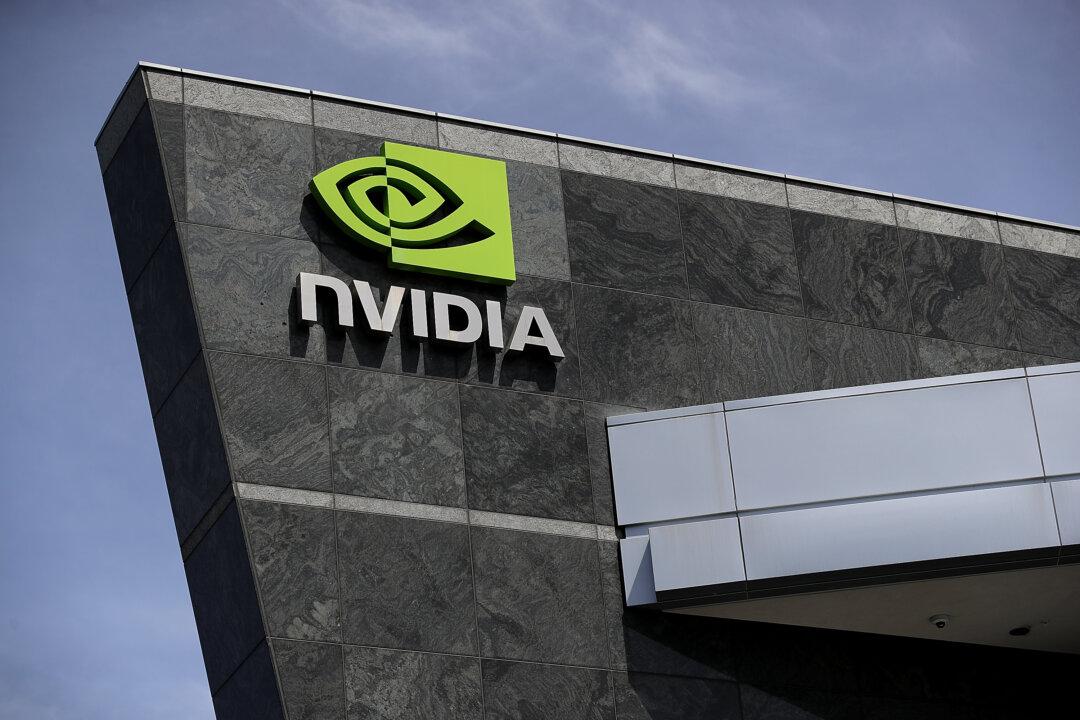The U.S. government notified Nvidia on Oct. 23 that the company had to immediately stop shipping some of its major artificial intelligence (AI) chips, mainly designed for the Chinese market, the company said in a filing.
The notification to Nvidia was unexpected because the updated export restrictions would have initially taken effect on Nov. 16, a month after the export control measures were officially announced.




